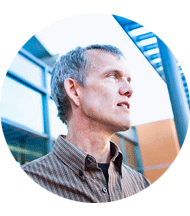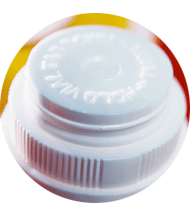
New medical, social strategies aim to keep high-risk youth free of HIV infection
Studies funded by UC's California HIV/AIDS Research Program hope to curb HIV in the state by engaging people at high risk in innovative prevention efforts in their communities.
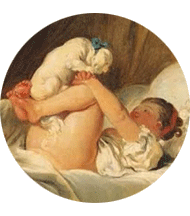
Bach to the blues, our emotions match music to colors
Our brains are wired to make music-color connections depending on how the melodies make us feel, according to new research from UC Berkeley.
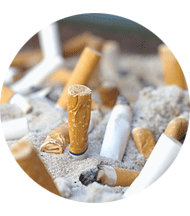
Reaching underserved smokers before lung cancer turns deadly
UC's Tobacco-Related Disease Program administers the California Cancer Research Fund, made possible by taxpayers who donate money by checking line 413 on their state income tax forms. This year, research will focus on early lung cancer screening, especially in underserved communities, and the barriers to seeking life-saving screening and care.
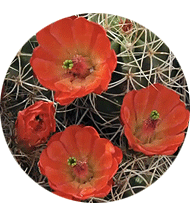
A tale of two UC natural reserves
The James San Jacinto Mountains Reserve and the Sweeney Granite Mountains Reserve in the Mojave Desert are outdoor labs for students and scientists.
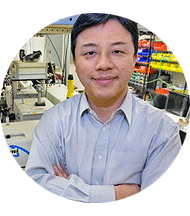
Pushing innovations to industry's doorstep
A tiny laser that could enable smaller and faster smart phones and tablets. A glucosamine-like supplement that targets the underlying cause of multiple sclerosis. These are among research projects getting a boost this year from a UC grants program. The Proof of Concept grants help move UC research out of the lab and to commercialization.
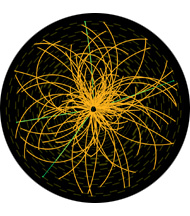
Higgs boson: UC physicists mattered in historic search
UC scientists spearheaded key experiments in what some call the 'Holy Grail' discovery in physics: a new particle that may prove to be the long-sought Higgs boson.
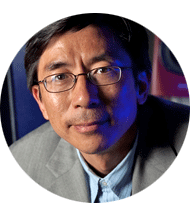
Quieting the ringing in the ears
A UC Irvine bioengineer, with help from a suffering patient, developed an MP3 player-like device to ease, or even silence, the debilitating noise that afflicts people with tinnitus.
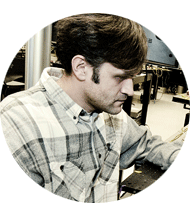
Technologies that can change lives now moving beyond the lab
From flowing massive amounts of digital information to healing pain, scientists in UC's Proof of Concept program are pushing innovations and speeding technology transfer.
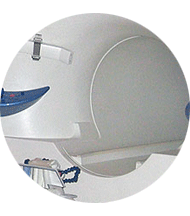
Learning by getting into the heads of schoolchildren
New brain imaging technology may pave the way for a new science to understand how children think and learn. It could eventually help educators and revolutionize classrooms.
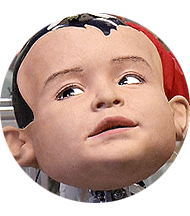
Crossing the 'uncanny valley'
It's when a humanlike robot, android or animated creature gives you the creeps. A UC San Diego scientist is looking at what's going on in our brains when we view these characters.
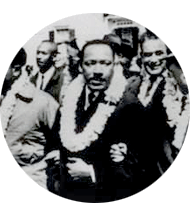
UC center explores race in 21st century
Across all 10 UC campuses, the Center for New Racial Studies connects researchers examining a wide variety of issues linked to race, including class, ethnicity, gender and immigration status.
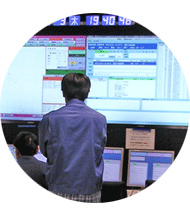
Warning where the Big One will hit
UC Berkeley is partnering with two other universities, a philanthropic foundation and industry to conduct earthquake research that could lead to a warning system. People could then have time to dive for cover, and transportation and utility systems could shut down operations.
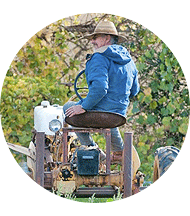
Seeding innovation
Decades ago, students helped spur organic farming and laid the ground for sustainable agriculture research and education programs at UC Davis and UC Santa Cruz that are models today for other universities.
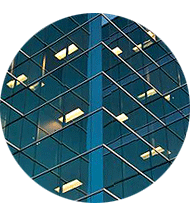
Lighting it up, efficiently
Buildings use up to two-thirds of the electricity in the U.S. A UC startup company is developing innovative technologies to curb skyrocketing electrical consumption, energy costs and greenhouse emissions.
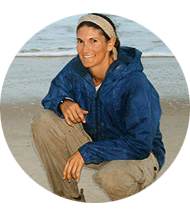
Evaluating marine parks in the high seas
California is a leader in protecting marine life and areas, and UC scientists play an important role in studying, advising and shaping policy that must balance the environmental needs of the ocean with those of millions of users.
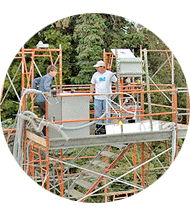
There's something in the California air
UC professors built and worked in towers as part of the largest single atmospheric research effort in the state. The data they've collected will guide policymakers dealing with air pollution.
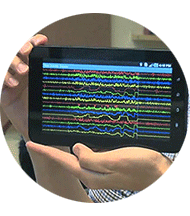
Listening in on the brain
UC San Diego scientists are developing technology that links thoughts and commands from the brain to computers. In addition to neat gadgets like mind-dialed cell phones, devices to assist the severely disabled and a cap to alert nodding-off air traffic controllers, new technology could reshape medicine.
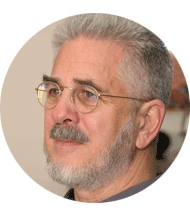
Center chases truth about state's crises
A multicampus center connects researchers and people in the community to address poverty, employment, health, the environment and other California issues.
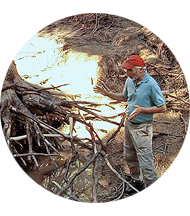
Getting to the root of the water cycle
In a remarkable outdoor laboratory in the Sierra, UC Merced and UC Berkeley researchers use sensors to gather a mother lode of data to greatly improve ecological measurement and hydrologic forecasting.
Ovarian cancer: UC researchers play key role in new treatments, analysis
For many women, a diagnosis of ovarian cancer is a death sentence. More than 14,000 women die of it each year. With symptoms that mimic other ailments, it often is diagnosed at a late stage. The five-year survival rate is just 31 percent; when the cancer becomes resistant to traditional chemotherapy, newer drugs have held it at bay for a few months at best.
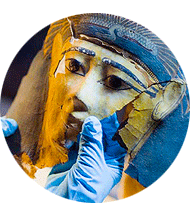
Bringing a gold mine of Egyptology online
UCLA scholars developed the world's first comprehensive E-encyclopedia on ancient Egypt, and it is full of information on ancient temples, archaeological treasures, hieroglyphics and more.
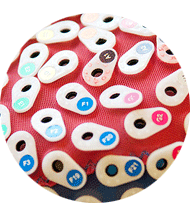
Looking at how we listen
UC graduate students are known for their braininess. At UC Berkeley, Adeen Flinker is getting a picture of the brain's intricacies and how the human auditory system is wired.
Graduate student researchers mix technology and humanity
Graduate students are at the heart of UC research. And many package their expertise, creativity and compassion to tackle and solve key problems in California and beyond.
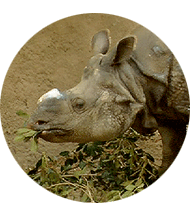
First-ever Zoobiquity conference teams docs, vets to seek cures
Lions, tigers and people - oh, my. A new research initiative will match medical and veterinary students from different UC campuses to work on projects important to both animal and human health.
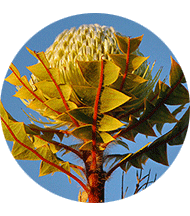
Shaping life: the geology of Mediterranean-climate ecosystems
"Shaping Life: The Geology of Mediterranean-Climate Ecosystems" explains the starring role of geology in the evolution of species in California, central Chile, the Western Cape of South Africa, South and southwestern Australia, and the Mediterranean Basin.
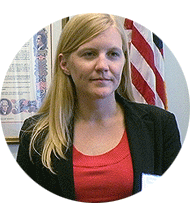
Legislators tap grad students for expertise
In early June, 20 UC graduate students met with state lawmakers to discuss the variety and importance of their research. Several students were asked for their input on key policy issues, such as conservation and energy.
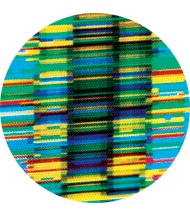
New strategies pinpoint breast cancer risk, spare many from agony
With the help of donations from state tax filers, the California Breast Cancer Research Program funds innovative research. Studies have led to simple tests that guide treatment by distinguishing non-invasive forms of the cancer from aggressive types.
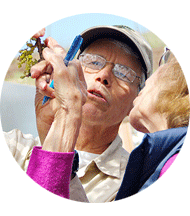
Studying the seasons: how climate change affects natural communities
UC Santa Barbara researchers have launched the California Phenology Project. Scientists, docents, staff, teachers and other citizen researchers will track the life stages of selected plant species at eight UC natural reserves.
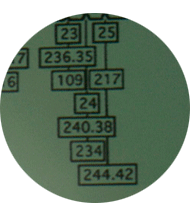
UC and national labs tackle pressing safety issues with innovative research
A unique collaboration between a law professor and chemist to use forensic science to investigate potential weapons of mass destruction and a novel way to monitor carbon emissions in urban areas are among new projects funded by the UC Laboratory Fees Research Program.
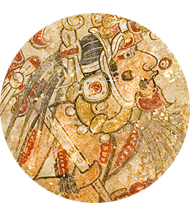
Digging the ancient Maya
UC Riverside archaeologists are leaders in studying the mysterious Maya, a dominant culture many centuries ago.
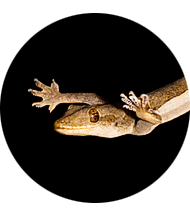
Lizard tails and gecko feet inspire industries, students
UC Berkeley discoveries about these agile and sticky reptiles have sparked product ideas ranging from rescue robots to sports gear. And they have captured the research imagination of undergraduate and graduate students.
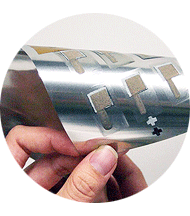
Building batteries and bridges
With moral and monetary support, including a UC Proof of Concept Grant, two UC grads have formed a company to create 'printable' batteries that are efficient, environmentally friendly and could be made as small as a postage stamp.
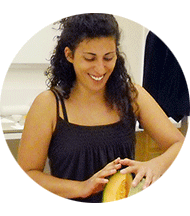
'Artificial nose' knows the ripeness of fruit
UC Davis researchers are applying the same science used to sniff out illegal drugs to smelling and picking out the freshest melons.
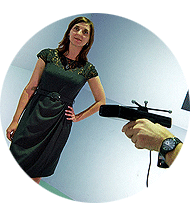
Getting the bigger and fuller picture
UC San Diego experts in 3-D imaging refine virtual reality devices to generate detailed and reliable models of spaces, people and objects. These will be valuable tools to other researchers, including archaeologists.
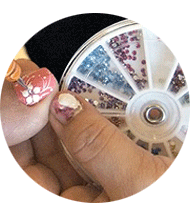
Cancer research stretches into the community
Dollars donated by California tax filers support innovative research to fight breast cancer and tobacco-related diseases.
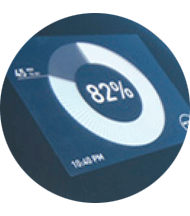
Smarter power
As the nation's power system ages and grows insufficient, UC researchers are building a smarter, greener electric grid for the future.
Rising stars of science
Five UC graduate students and postdoctoral researchers were among innovators named 'Rising Stars of Science: The Forbes 30 under 30.'
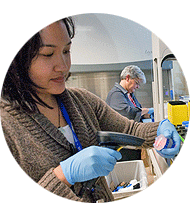
Spit in time may help save lives
An ambitious project, teaming Kaiser Permanente and UCSF researchers, takes aim at genetic links to disease.
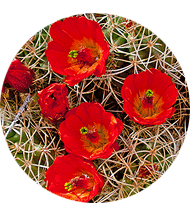
Wild bee research at UC Natural Reserve System
A large amount of native bee research in California occurs in the wild landscapes protected by the UC Natural Reserve System.
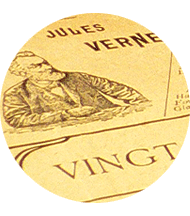
A haven for the spooky and the geeky
With more than 100,000 books, the Eaton Collection at UC Riverside is the world's largest public assortment of science fiction, fantasy, horror and utopian literature. And it is a valuable resource for scholars and researchers worldwide.
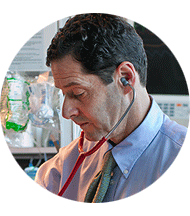
Stem cell research heads to the clinic
For more than a decade, stem cell science has raised hopes of cures for a host of diseases and illnesses. Now, the research pace has picked up with lab discoveries moving to tests of therapies for patients.
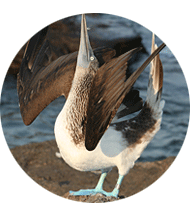
Crossing borders to kick-start novel research
Scientists in Mexico and at UC study the breeding habits of a remarkable seabird for possible clues about behavioral evolution and how animals may develop immunities. The project is one of many research collaborations supported by UC MEXUS.
Wearable electronics demonstrate promise of brain-machine interfaces
Other research at UC San Diego opens up a slew of previously unimaginable possibilities in the field of brain-machine interfaces well beyond biomedical applications.
Students step up global sustainability research
UC Merced engineering students do real world research, in California and India.
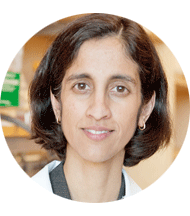
Big help in small packages
UCSF bioengineer Tejal Desai builds medical implants, with parts as tiny as human cells, that may be used to treat diabetes, kidney failure and other diseases.
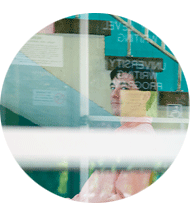
From pantographs to nanosoldiers
Colin Milburn of UC Davis has investigated how the early history of nanotechnology was influenced by ideas from science fiction. He also studies how scientists use video game hardware and software to run experiments.
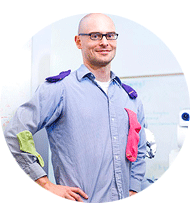
The physics of folding clothes
Pieter Abbeel and his UC Berkeley students have developed a robot to help out with laundry. At the Center for Information Technology Research in the Interest of Society, their aim now is to expand the robotic repertoire to aid surgeons.
UC receives more than $25M in stem cell grants
Nineteen UC scientists received $25.8 million in grants May 4 from the state's stem cell agency to study the underlying biology of stem cells.
UC scientists again top NAS membership
Fifteen UC scientists were among new members elected May 3 to the prestigious National Academy of Sciences. As in previous years, more UC faculty were elected than all other public universities combined.
Combining a prevention pill with community treatment programs
UC's California HIV/AIDS Research Program has funded studies to test a HIV prevention pill among high-risk HIV-uninfected people in the state.
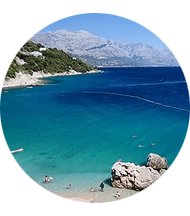
'Lands of Two Seasons'
The UC Natural Reserve System and UCTV have launched a video series about the world's Mediterranean-climate zones, which include much of California.
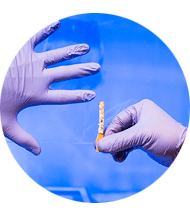
Screening those at the highest risk for lung cancer
UC's Tobacco-Related Disease Research Program administers the California Cancer Research Fund, made possible by taxpayers who donate money by checking line 413 on their state income tax forms. TRDRP will utilize that fund to focus on lung cancer screening, including new tests to detect the disease in its early and treatable stages.
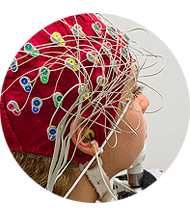
Making a game out of improving the 'sticky' brain
UCSF neuroscientists have found that by training on attention tests, people young and old can improve brain performance and multitasking skills.
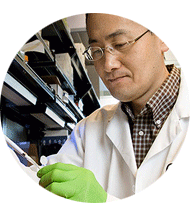
Shinya Yamanaka, Gladstone and UCSF scientist, wins 2012 Nobel Prize in Medicine
Shinya Yamanaka has won the 2012 Nobel Prize in Physiology or Medicine for his discovery of how to transform ordinary adult skin cells into cells that, like embryonic stem cells, are capable of developing into any cell in the human body.
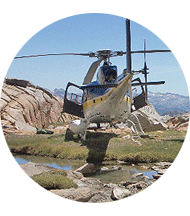
Offering care and calm in the wild
Doctors at a UCSF Fresno program don't just provide emergency care to those who become sick or injured in the backcountry. They research lifesaving techniques and have become leading specialists in wilderness medicine.
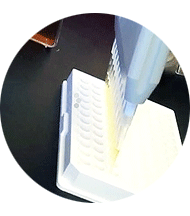
Persistence, passion lead to new attack on parasitic diseases
Based on research by UCSF and UC San Diego, the FDA has identified an arthritis treatment as an 'orphan drug.' It paves the way for a new drug to attack tropical parasites that disable and kill millions of people worldwide.
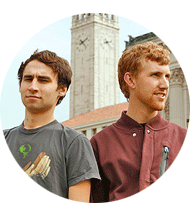
Turning big ideas into solutions
UC's Center for Information Technology Research in the Interest of Society (CITRIS) rewarded teams of students for developing innovative tools that may prove handy for politics, health care and seeking social services.
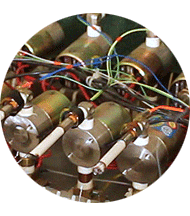
After the smoke clears, danger still lurks
Thirdhand smoke is a new frontier, and UC's Tobacco-Related Disease Research Program has assembled a consortium of investigators to study the health risks caused by the remnants of cigarette smoke.
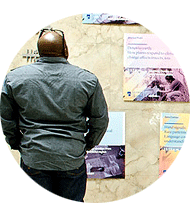
Graduate students take their research to the Capitol
They delivered a message to legislators: graduate student research is central not only to the future of UC, but to that of the state and the nation as well.
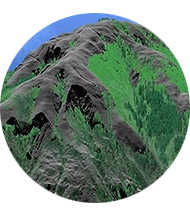
Remote sensing: placing nature at our fingertips
Researchers at UC Natural Reserve System locations use sensors to map land, track animals and collect environmental data.
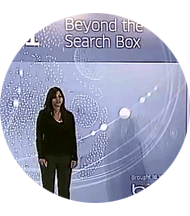
Trimming time in the stacks
A sophisticated text-analyzing tool developed by a UC graduate student could speed literary searches for humanities scholars and other researchers.
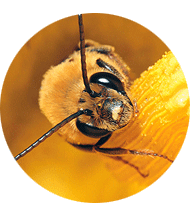
Tiny saviors in our backyard
Honey bees get most of the buzz, but some native bees are better at spreading pollen. They may hold the solution to world pollination problems that affect important crops.
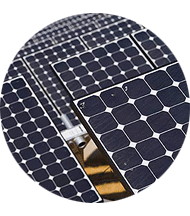
Putting the crown on solar power
Someday, solar power will provide all the energy homes and buildings need for electricity, heat and cooling. Scientists at UC Solar, a multicampus research institute based at UC Merced, are helping to make that day come true.
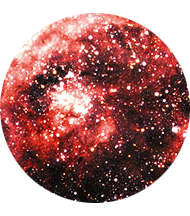
UC's Saul Perlmutter wins Nobel Prize for physics
Saul Perlmutter of Berkeley Lab and UC Berkeley has won the 2011 Nobel Prize for physics for his work with the Supernova Cosmology Project. He is the 57th University of California researcher to be honored with a Nobel Prize.
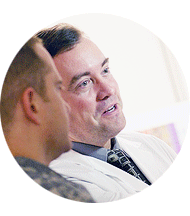
Proving a concept and leaping the `valley of death`
An instrument to quickly detect traumatic brain injury, a vaccine to save unborn calves from a deadly bacterium and a technology to clean up grimy water are among research projects getting a boost from a new UC program. New grants will help move critical research out of the lab and into the market.
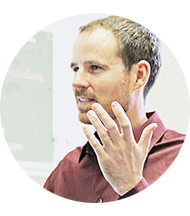
Car crash website tracks the really big hits
For those wanting to know about risky places to drive, or even walk, UC Berkeley researchers have designed a tool for sorting through and mapping all of the serious traffic collisions in the state.
Reading the mind
A video looks at how human brains can communicate directly with computers.
Building the bridge of engineers and environmentalists
A global network, Engineers for a Sustainable World, is now headquartered at UC Merced. Students work on innovative projects from supplying solar-generated electricity to villages in India to replacing polluting diesel fuel on international cargo ships.
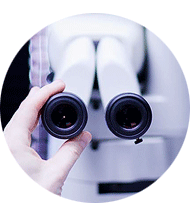
Transforming health care delivery for Californians
The University of California's new Center for Health Quality and Innovation has awarded nine grants totaling $3.4 million to UC faculty and staff to improve patient care throughout the state.
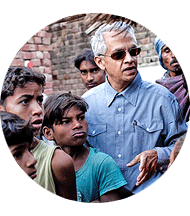
Keeping the planet from being cooked
Reducing black carbon could immediately slow global warming and save millions of lives, says a UC San Diego scientist. And simply providing cleaner-burning stoves in rural villages can help do the trick.
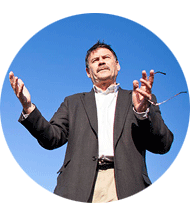
Building a green lab
Making research labs more sustainable can help UC campuses to cut energy use and reduce greenhouse gas emissions.
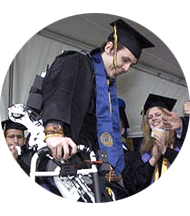
UC researchers help restore mobility to two paralyzed people
Thanks to UC researchers, two people paralyzed in car accidents have done the seemingly impossible: They have taken steps on their own.
Experts brief legislators on tobacco tax benefits
State budget savings and health care costs will decline sharply if funding for the state's tobacco control program is not increased to make up for inflation, according to UC researchers.
